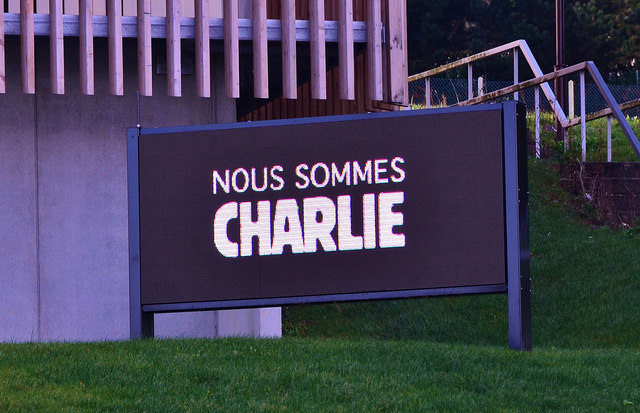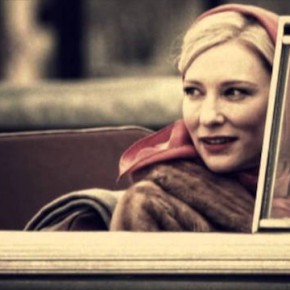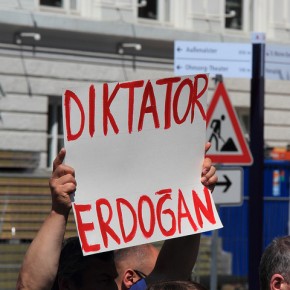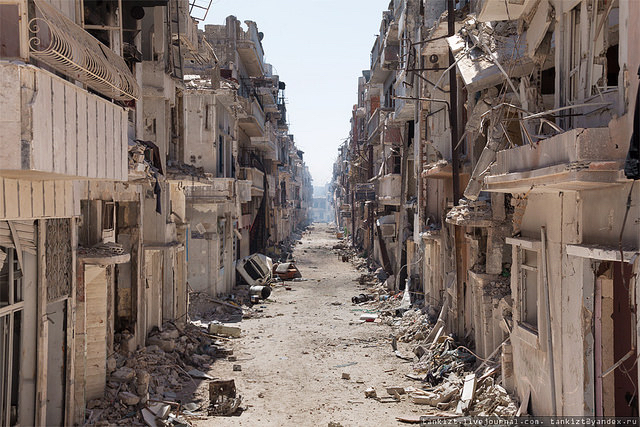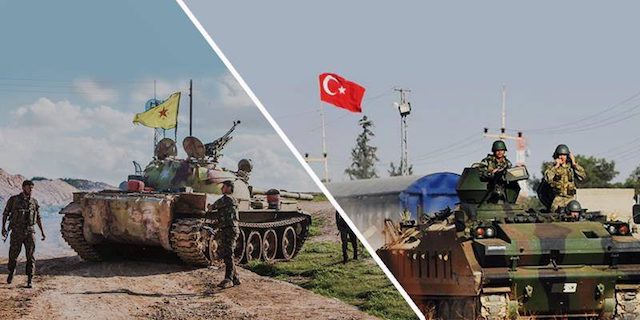Camus’ writings deal intensely with the problem of death; suicide in Myth of Sisyphus (1943), and the death of others in L’Homme Révolté (1951). For Camus, the issue is that humans have no direct experience of death, but it remains their only certainty, and shapes their existence.
In L’Homme Révolté, Camus writes that metaphysical rebellion is the answer to death, in the face of a contingent and indifferent universe (“the absurd”). He believes that humans must stand against it with demands for justice and rationality, despite its meaninglessness. Camus illustrates this point with the seemingly futile actions of Sisyphus, whose boulder is taken to represent this revolt in its most ideal form. As he writes in L’Homme Révolté, metaphysical rebellion should be “the means by which a man protests against his condition and against the whole of creation […] it disputes the ends of man and creation… [it] protests against the the human condition[.]”
For Camus, humans must address the futility of their existence by accepting its absurdity, and campaigning for justice within it. It is no coincidence that he initially experimented with these ideas in the same year that he joined the French Resistance. By late 1943, Camus was writing for Combat, which together with Libération and Franc-Tireur, published itself as the voice of the United Resistance Movement. Broadly, his articles for Combat can be used to construct a framework for applying his philosophies to anti-state militarism.
Letters to a German Friend touches on similar themes to Myth of Sisyphus. Camus repeats his proposal that although the world has no inherent meaning, it does contain the meaning of humanity within it. Humans must therefore endeavour to defend an abstract truth of justice and reason, in order to protect the ideal of life, while accepting life’s absurdity. From there, he proceeds to argue that in France, this necessarily means a willingness to exact and defend the ideal of life in opposition to European fascism.
These positions almost seem laughable given that Camus was infamously critical of the armed uprising in Algeria, despite it clearly satisfying these preconditions for legitimate revolt. Famously, Camus questioned militants’ “political maturity,” and despite his understandable skepticism about the Front de Liberation Nationale, never substantively indicated that he understood the reasons for its formation. This can only be understood in terms of his ideological predispositions as a pied noir.
Camus’ social position, and the political views he chose, meant that he was unable to see the similarities between his own activities in France, and those of Algerian Arab militants. For instance, in Against Total War, Total Resistance (March 1944) he writes that the extent of fascist brutalities mean that all French should be concerned with it. He goes further to argue that since fascism is damaging the entirety of French society, the fight against it should mobilise the same.
The FLN would have likely agreed, exchanging “Nazi Germany” for “French imperialism,” and channeling Camus’ own words in Murderer’s Greatest Fear (July 1944): the need for dignity demands resistance. In May 1944, Camus wrote an article for Combat titled For Three Hours, They Shot Frenchmen. Nazi soldiers had reacted to bombs derailing part of a train by rounding up and killing sixty people in the nearby village of Ascq. Camus asks rhetorically how anyone who heard of the massacre could not be “overcome with feelings of revulsion and disgust.”
Of course, the events at Ascq occurred only a year before the Sétif massacre, during which French Algerian police fired on demonstrators, causing reprisals that killed 103 French settlers. This was followed by a brutal response that led to the deaths of anywhere from 1020 to 45,000 Algerian Arabs, mainly in the countryside. It is worth wondering if Camus had similar “feelings of revulsion and disgust” to the news, if only to understand why events like Sétif never led to him to existentially justify the FLN on the same terms as the French Resistance.
There is an obvious purpose to revisiting Camus. Following the Paris attacks, French counter-terrorism has expanded dramatically with military intervention in Syria, and a massive crackdown as part of the state of emergency. It is worth asking polemically if Camus’ framework can be used to justify French-born Islamic State militants as it can with the FLN.
The answer is complicated. We have to begin by interrogating the nature of their metaphysical rebellion, and then analyse whether or not the fighters are defending “the ideal of life.” Camus’ work guides us to say “no.” There can be no doubt that Islamic State is engaging in a confrontation with evil to some degree. The despair and anguish of intense warfare, dwindling resources, and ambivalent central governments, in both Iraq and Syria, has combined into a general militant backlash, which can evolve in multiple directions.
Camus would have read Islamic State as the natural result of “Arabs living like forgotten men in their own land,” as he wrote about Algeria fifty years ago. Except here, there are also French-born ‘Arabs’ who remain classified as such, and are forced to internalise being estranged from their supposedly native country. There are numerous reasons, from austerity, to racism, to mass imprisonment and military interventionism, but the fact remains that it occurs to such a violent extent that religiously-tinged militarism becomes the reaction.
It is likely that Camus would have rejected the French Islamic State recruits, if only because he makes it clear in L’Homme Révolté that rebellion without limits ends in slavery. As the Syrian Civil War escalates, and the broader War on Terror continues, extremist militant organisations like Islamic State have arisen from an increased willingness to discard the nominal rules of combat. The metaphysical rebellion driving the French Islamic State recruits is one that enslaves them to their own horror at being ostracised, hated, and brutalised by their European home states.
This is why current inquiries about the ‘ideology’ of Islamic State need to be posed carefully. As with the FLN after the independence of Algeria, its political program must be understood within the context of the sheer amount of rage and bitterness that it is being used to articulate. We also need to be careful about making Western Islamic State recruits the centre of the story, since they are merely one part of the babel that is Da’esh.
That makes the metaphysical rebellion as political as it is emotional, with a potentially limitless capacity for hatred in reaction to the sheer material deprivation, and feelings of humiliation, that in Algeria were a direct product of French colonisation, and with Islamic State, started with the 1991 US-led intervention in Kuwait. Here, Camus is once again hazy, and his writings on the French Resistance aren’t as helpful because of his own wariness about violence as the postwar French political landscape was increasingly shaped by reprisals, attempts at preventing decolonisation, and brinksmanship.
Perhaps what matters then, is that in Camus’ view, legitimate violent resistance is in defence of the human ideal, but with the important corollary that armed conflict endangers justice and rationality in the process of itself. This is most clear in France today, where it is an open question of whether or not political degeneration will lead to the further empowerment of the National Front. If that should occur, then France risks embracing the slavery of a rebellion without limits that Camus found dangerous. Fear, xenophobia, and a yearning for better (imperial) days will shape the French political landscape, and with it, the present European democratic framework.
Photograph courtesy of isamiga76. Published under a Creative Commons License.
